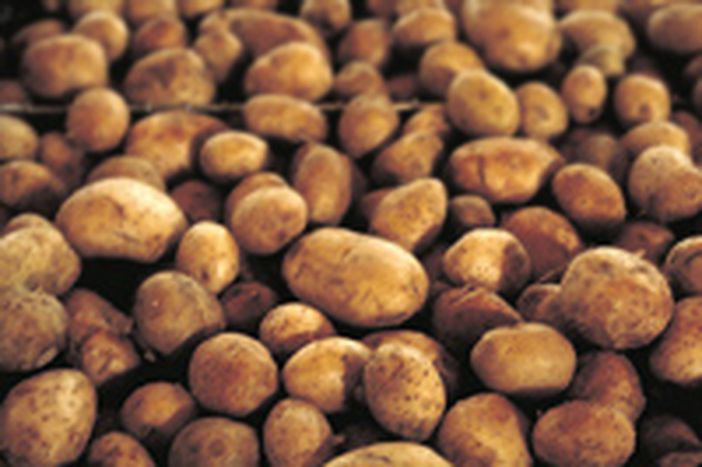
Food for Life
Published on
Translation by:
 rachel thomas
rachel thomas
The organic lobby is suspicious of GM and biotechnology, but the European Commission wants the know-how.
The European Commission says it is committed to the realisation of a Bio-Economy. This means harnessing the massive advances in genetic engineering and biotechnology.
Farmers, producers of food and other economic sectors that manufacture, manage or use biological resources (such as animals, plants and micro-organisms) are now encorouged to manufacture sustainable but competitive produce.
In order for this vision to be, above all, feasible for the food manufacturing sector, the European Commission has founded a technology forum, Food for l.ife, at which researchers, industrialists and lobbyists for the food manufacturing industry can meet.
Research and Development is pressed ahead with so that ’new’ foodstuffs can be manufactured. To that end, the seventh EU Research Framework Program is called ‘Food, farming and biotechnology’. The EU wants to take an active role in the global competition of bio-technologically produced food. While biotech companies in the US invest 650 million Euros per year into research and development, Europeans only set aside 400 million Euros.
The idea of a Bio-Economy is born of the great advances made in Biotechnology. So will farms of the future become biotechnology-dependent companies, swapping the field for large manufacturing facilities? We already have genetically modified milk, meat, fruit and vegetables on our supermarket shelves.
Designer Food
Scientists understand how food components can be manipulated at a molecular level. It is a distinct possibility that in the very near future, custom-designed food could be produced containing preventatives against illness. It is also conceivable for food to have further “functions” – improving levels of nutrition, having a longer lifespan. It is also conceivable that fruit and vegetables can be injected with extra nutrients.
Genome analysis of plants has made it possible to genetically alter plants, such as with Spelt wheat. This plant originates from white grain. It is resistant to pests, and therefore is not treated with pesticides. It is tastier and has a healthier content than normal white grain.
European Laboratories still have many other successful projects which through the addition of, or alteration to, genetic copies could manufacture plants able to handle such ‘injections’. These trans-genus plants have specific attributes, such as being involved in the production of fructose (a type of sugar) from beet sugar. They are also involved in the manufacture of potatoes with high quantities of Lysine (an amino acid found in protein), one of the essential amino acids for humans. Plants would also be able to provide a defence against certain illnesses by producing antibodies to counteract them.
Research into plant genetics will also serve to increase molecular tolerance. When the natural resistance of plants and animals needs to be increased, one would normally turn to pesticides and manure.
Translated from Neue Geschmackswelten


